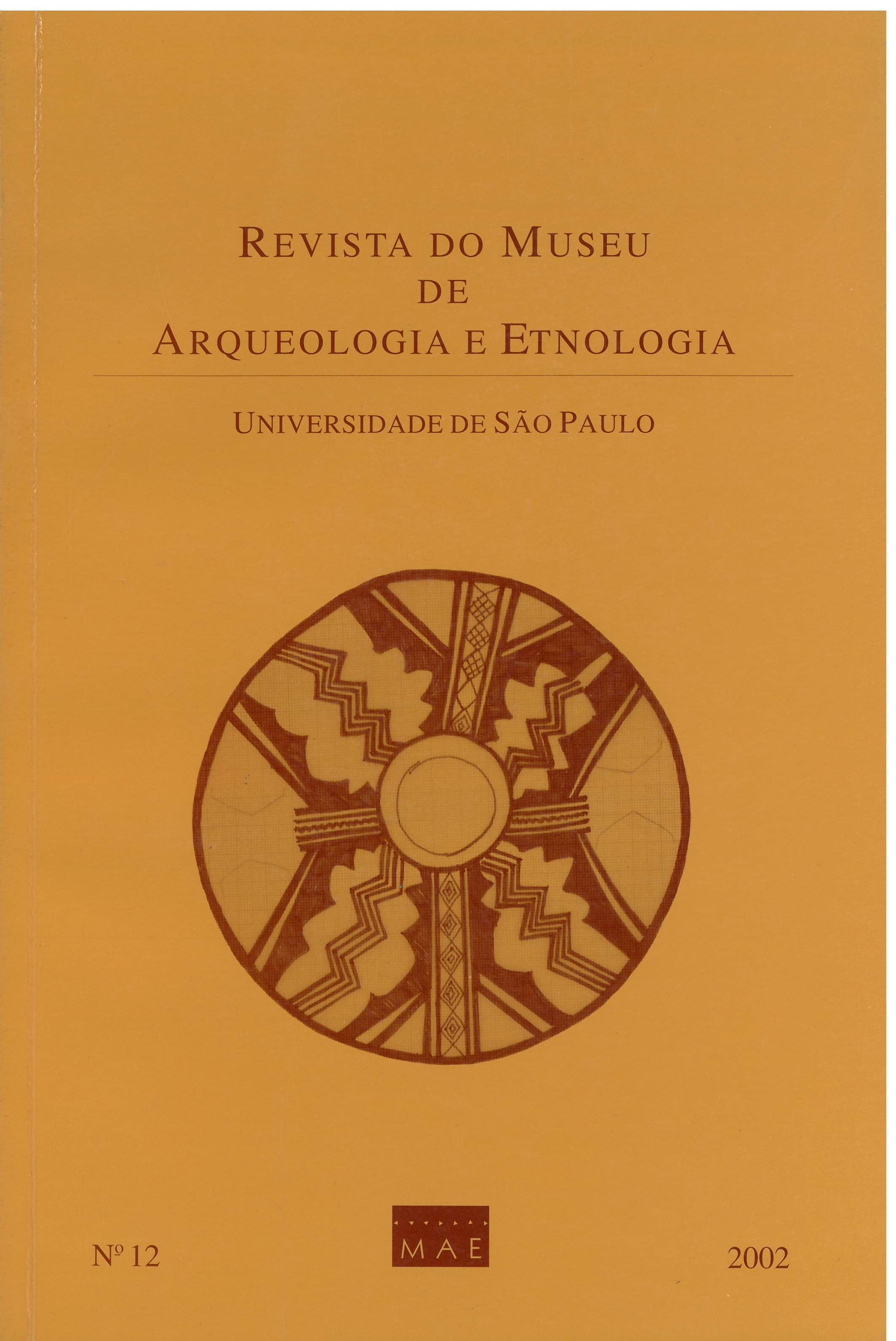Tupians and Turanians: hypotheses on the origins of man and civilization in the Americas in the nineteenth and early twentieth centuries.
DOI:
https://doi.org/10.11606/issn.2448-1750.revmae.2002.109434Palabras clave:
Americanism - Hypotheses on the Origins of Civilization - Comparative Philology.Resumen
This article examines nineteenth and early twentieth-century theories on the origins of man and civilization in the Americas. Following an analysis of these theories within the European and North American contexts, the discussion focuses on Latin American (especially Brazilian) intellectuals who wrote on the development of pre-Columbian civilizations and on the role of ancient America in the history of civilization. In order to understand the impact of these debates on the emerging fields of Latin American archaeology and anthropology, this article analyzes different aspects of the development of comparative philology, ethnology, and anthropology, which contributed to the edification of the theoretical and ideological monument that came to be known as Indo-European civilization.Descargas
Los datos de descarga aún no están disponibles.
Descargas
Publicado
2002-12-18
Número
Sección
Artículos
Licencia
Derechos de autor 2002 Maria Helena P. T. Machado

Esta obra está bajo una licencia internacional Creative Commons Atribución-NoComercial-SinDerivadas 4.0.
Cómo citar
MACHADO, Maria Helena P. T. Tupians and Turanians: hypotheses on the origins of man and civilization in the Americas in the nineteenth and early twentieth centuries. Revista do Museu de Arqueologia e Etnologia, São Paulo, Brasil, n. 12, p. 3–16, 2002. DOI: 10.11606/issn.2448-1750.revmae.2002.109434. Disponível em: https://revistas.usp.br/revmae/article/view/109434.. Acesso em: 29 jun. 2024.













